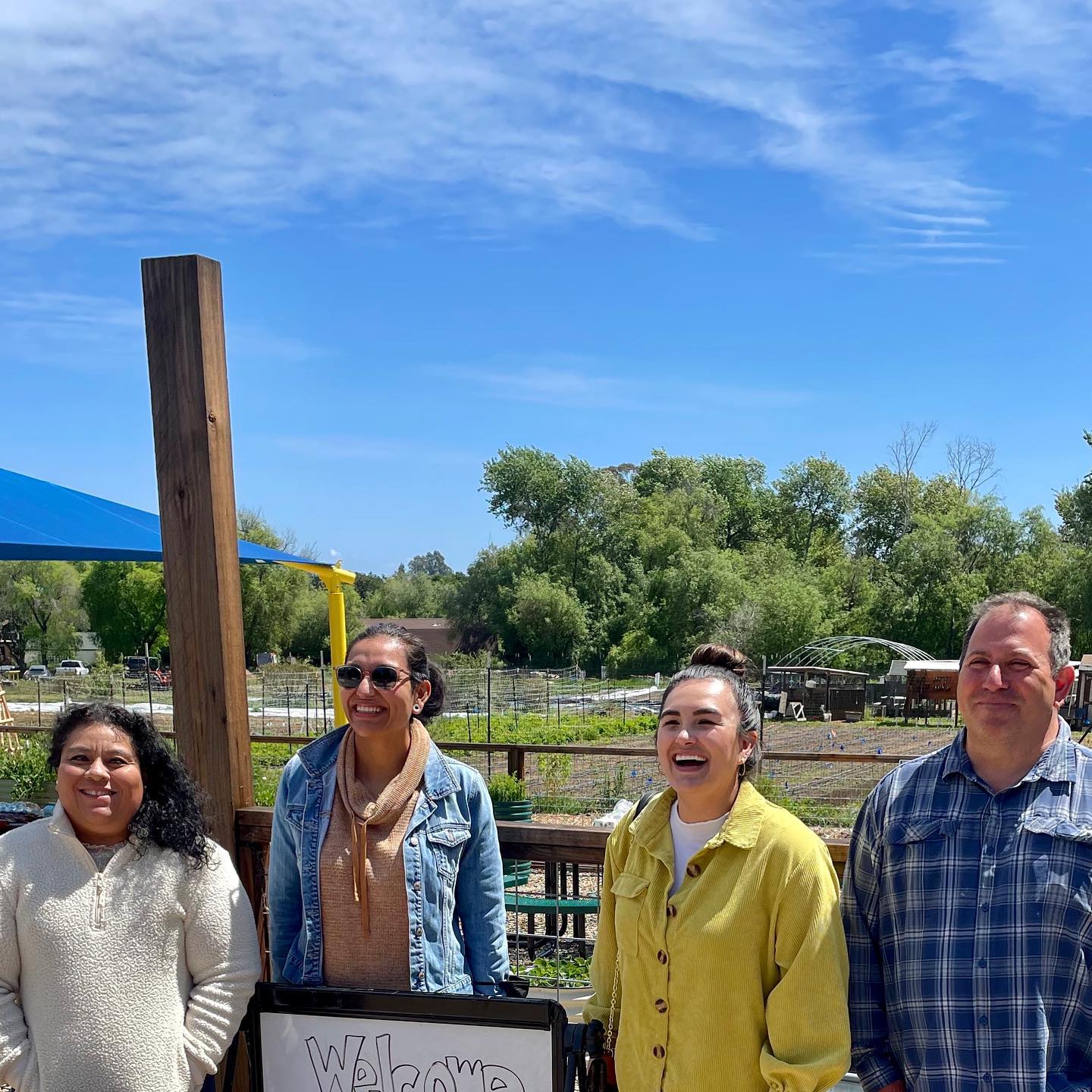
Greetings Imagine friends and family!
Imagine’s calendar of events is filling up for the year. This morning, we will be taking a cruise together, which will be fun and also a source of photos for next month’s edition.
We will support Shared Adventures’ Day on The Beach in July. The Gathering of Extraordinary People will be on the 16th in August. We are still venue shopping, but we assume the Film Festival will be in October.
But there are other enriching social events that happen much more regularly and don’t need somebody to make a dog-gone flyer. Employment is rare in the I/DD community, but real friendships are rarer, and we treasure when we can help the people we serve find real connections. Last month, for example, E-Dub and AJ went hiking on the north coast. Both really showed that they enjoyed the trip and being together. Events like that serve our mission as well as the public-facing ones.
Once we got too big to see ourselves as one small family, we started looking at ourselves as a village of small families. Our connections make the village a richer and better one.
